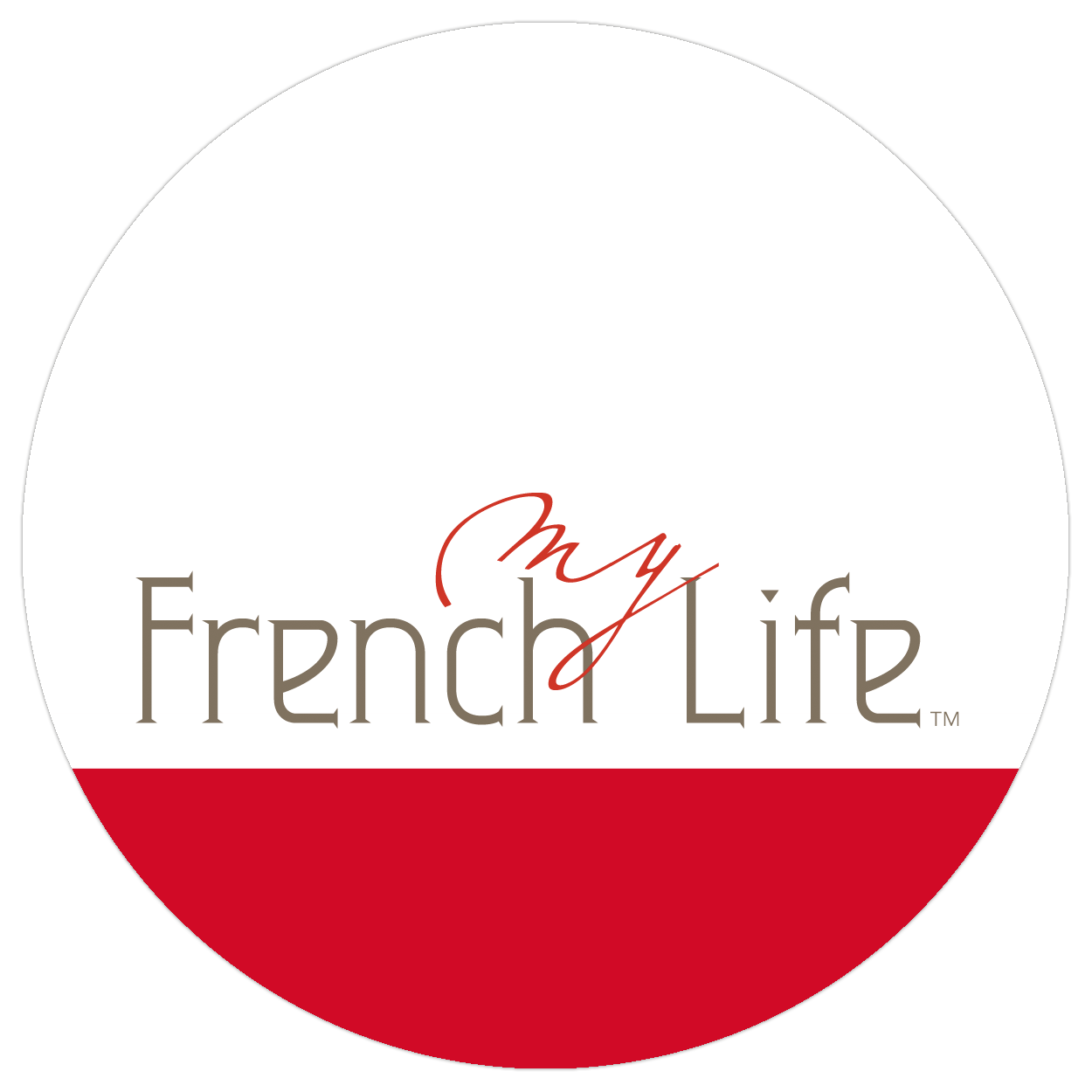
MyFrenchLife™ – MaVieFrançaise®
With MyFrenchLife™ – MaVieFrançaise®, you’re invited to gain a deeper understanding — and to experience France beyond the cliché.
By subscribing, I agree to Substack’s Terms of Use and acknowledge its Information Collection Notice and Privacy Policy
“Judy has created a fabulous community for francophiles. Le Bulletin is a delightful collection of stories sharing the joys of life in France. I have several posts saved for future travels!”
Mary Martha, Marie-Marthe ...à Marseille
“Authentic (non-cliché) French stories and information. ”
French Countryside Companion, French Countryside Companion
“If you love immersing yourself in all things French I can’t recommend le Bulletin by Judy MacMahon enough. It’s rich, insightful, and a great way to discover France. Perfect for curious and savvy francophiles!”
Morgane Andersson, French en Poésie